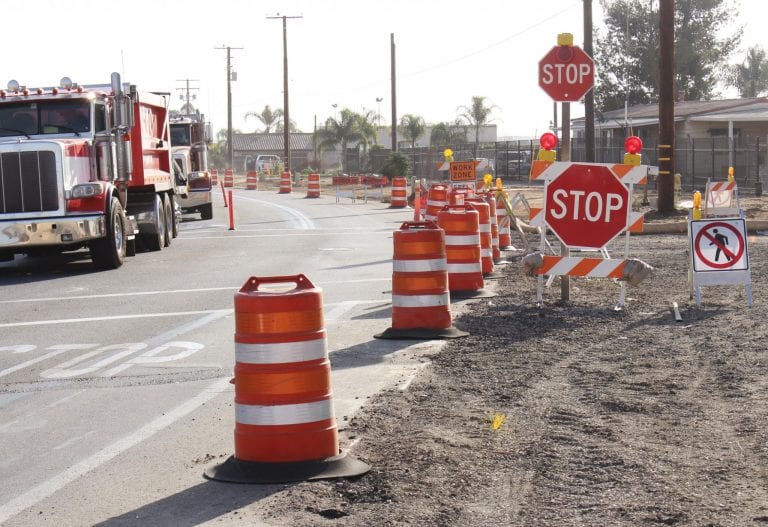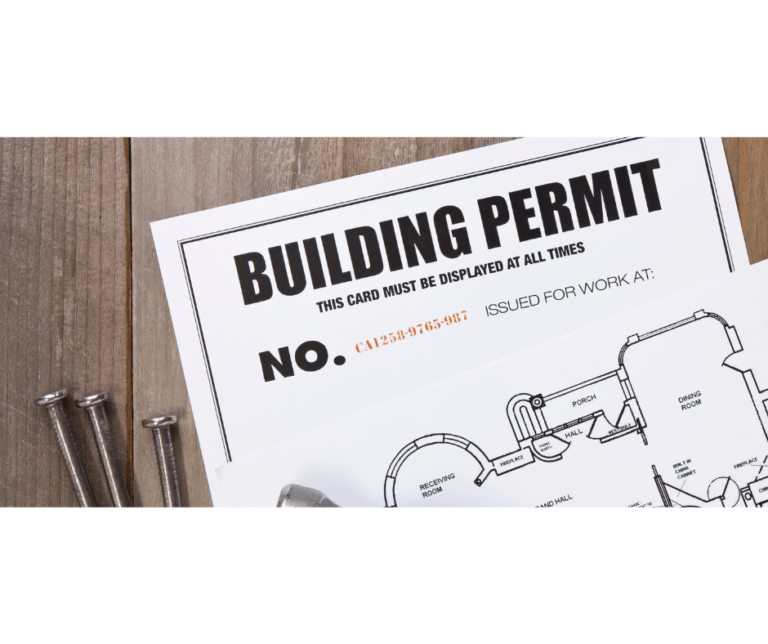
By Lea Bogle
Houston, we’ve been through a lot over these past few months, it’s time we stop, just for a moment and breathe and take stock of where we are, what we have and the blessings that surround us. After that, now is a good time to take stock of what went well for you, your family and your business and what could have gone better. The questions at the end of your reflection that need to be answered are simply, what needs to happen so you are:
- Better prepared
- Better organized
- Better protected
Many of us weren’t directly impacted, meaning, we didn’t flood, we personally didn’t have a loss. All of us were impacted however, because if we weren’t hit we know someone who was, we know someone who lost their home, their business or both and we all rolled up our sleeves, in whatever way we could to help.
Some of the challenges that we as individuals and business owners faced, were:
- Lack of insurance
- Lack of documentation
- Lack of a disaster recovery plan
- Lack of coordinated communication
My friends in the insurance industry tell me that there has been a significant increase in the number of individuals who have purchased flood insurance since Harvey. That’s great, but they also tell me that they haven’t seen an increase in businesses purchasing business continuity insurance coverage or flood insurance for their businesses. Both are extremely important. Business interruption insurance helps cover the loss of income that your business suffers after a disaster, due to being closed or rebuilding.
Many of those impacted realized after Harvey that they lacked much of the documentation needed for their coverage claims. They didn’t have receipts, they didn’t have pictures, they didn’t know when they purchased it and they began tossing stuff into the trash piles without taking QUALITY pictures of the damage and as a result, many people are struggling to get their claims settled.
Big business has a team dedicated to creating and implementing disaster recovery plans, but most small business owners don’t. We are busy in the day to day operations of our business, failing to plan for a real disaster, because let’s face it, we don’t think it will happen to us. Or if it does, we’ll figure it out along the way. That can be a mistake, a costly mistake.
To make sure you are prepared in the future, here are some things that you can do today to mitigate these challenges
- Set up a meeting with your insurance agent.
- Review your insurance coverage.
- Review the process for filing a claim, in detail.
- Ask what risks they see in your business.
- Ask how they can help you mitigate those risks.
- Purchase the coverage that best meets your needs.
- Create a disaster recovery plan.
- Look at online software as a guide.
- Once complete, keep a copy online and print out a copy.
- Review your plan with your key personnel.
- Make sure everyone has a copy and knows how to access it online.
- Create an online documentation repository.
- Google Drive is great for both collaboration and for document storage.
- Label all of your pictures and receipts.
- Save them in an organized fashion, by department, by room, or something so you can find them easily in the future.
- Create a communications plan.
- Do your key employees have a vehicle charger or portable battery backup in case power is lost and they can’t charge their phones in their homes?
- If phone lines go down, do you have a group text set up?
- Consider using the app GroupMe for free and easy group text communication.
- Is there an expectation to check in daily even if the office is closed?
- How will they know when to return to work?
- Will employees be paid if the office is closed? Do your employees know the answer?
If you aren’t familiar with Google Drive, I strongly recommend that you look at it. You have 15 GB of free storage and you can pay for more if you need it. For more robust collaboration and greater storage there are additional options that you can pay for. The best part of Google Drive in my opinion, is that you can read or edit your documents easily from any browser, anywhere and collaboration is easy, meaning you can share and edit some documents with one group of people and share other documents with another group of people and if you don’t want to share something, it can remain visible to only you.
For more information about Google Drive and the G-Suite of products feel free to call (281) 575-8500.





